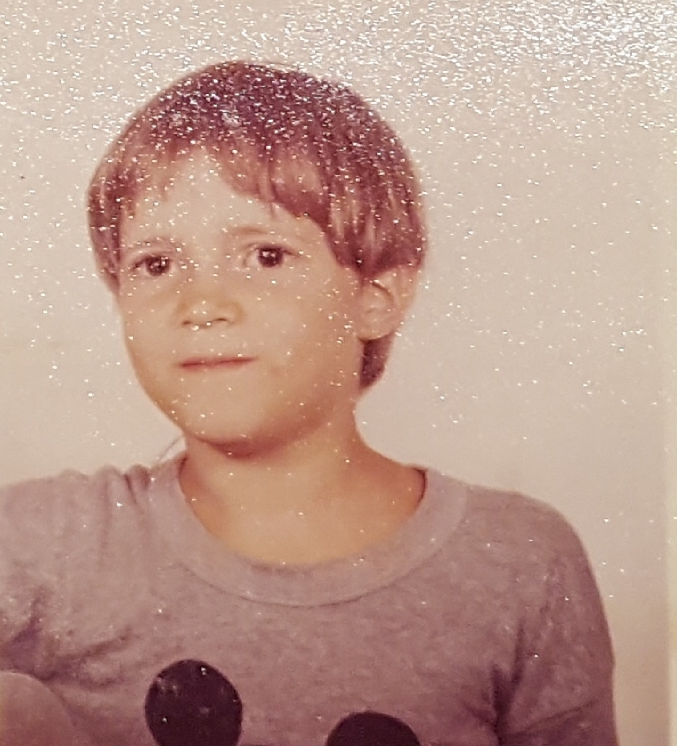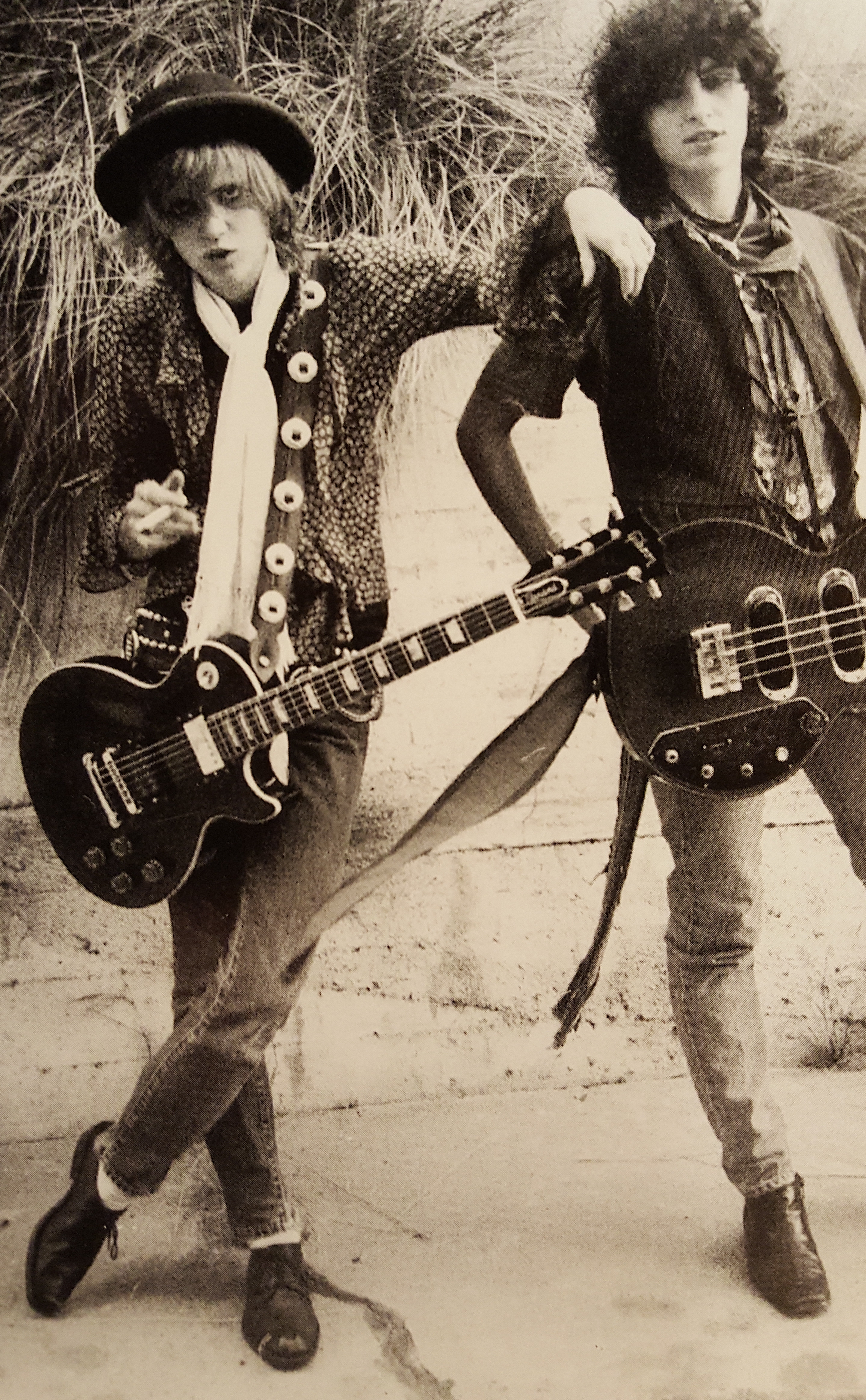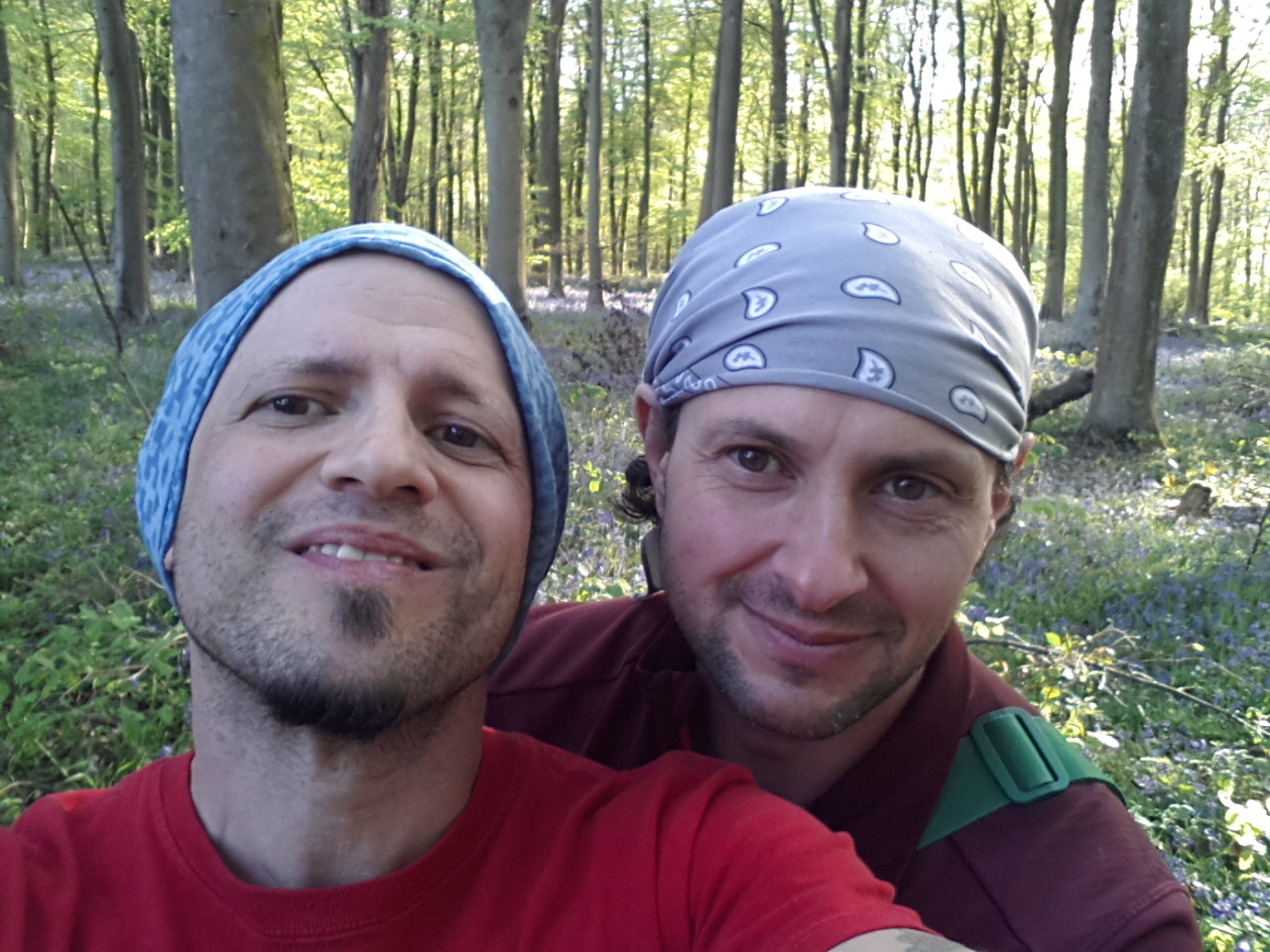February represents LGBT+ History Month in the United Kingdom. This is an important opportunity to learn about the history of those who identify as Lesbian, Gay, Bisexual, Transgender, Non-Binary and all other genders and sexual orientations within the Queer community. During February, we will be sharing the experiences of members of the LGBT+ community within our membership and staff team through a series of blog posts.
Find out why this is something the IES is discussing.
Scott Xavi Gudrich shares his experiences of fieldwork as a gender nonconforming environmental scientist.
Boy, do I have to pee! We’ve been surveying this salt marsh for hours and after some nice hot tea from the thermos flask for lunch, nature is calling. I can see several of my cisgender male colleagues trotting off towards some trees at the edge of the marsh, no doubt following the same call. For me, this is slightly trickier… As a male-presenting person, I’ve found myself in countless such situations and have felt awkward more than once. Like the time I asked for the loo at my tattooist and they only had a urinal or on that field trip where the trip leader cheerfully called out “ok, guys, if you need a wee just line up over at that dune!” Like, yeah, you could always pretend like you need “a longer session” or ask for the ladies’ but these aren’t the most comfortable and socially non-awkward options either.

Right: Scott Xavi as a kid. Sorry, not a very spectacular before/after story!
Even though I was born a girl, I have presented as male pretty much all of my life, it just always seemed like the more natural thing to do. Thankfully, I do not come from a family where gender norms were pushed down my throat! Both my parents were revolutionary hippies and always encouraged me to just be who I am and do what I want to do. That doesn’t mean that they didn’t struggle with my transition, but it means that there never was any intention to press me into a “girl” mould. No dresses, no pink, no princesses or Barbie dolls, no restrictions on running rogue and playing football with all the lads from my street. This whole boy/girl thing only really started to become an issue in puberty and by the time I was 13, I had already made up my mind to go through with physical treatment as soon as I was old enough (in the early 90s there was no way to get treatment as a minor). This I did and because my pathway into environmental science was nowhere near straight and narrow – I was a professional rock musician for years, then went back to school, graduated, did an MA in Classics and worked as a teacher before finally returning to university at 37 to do environmental sciences – by the time I started working in environmental science, this whole process of transitioning was long over. I’ve lived almost all my life as a boy/man and ever since the year 2000 or so this identity has not been challenged by anyone anymore on grounds of my looks or pitch of voice. There is absolutely no need for me to ever address the fact that I don’t possess all the appendices which one would expect in someone who looks like me.
 Right: Scott Xavi (left) at 19 with his lifelong best friend, soulmate and partner Sabu in their band Black Lürxx.
Right: Scott Xavi (left) at 19 with his lifelong best friend, soulmate and partner Sabu in their band Black Lürxx.
The “fieldwork peeing-issue” described above made me think more about the challenges people like me might be facing in the field or doing research in confined spaces, possibly in a team they don’t (yet) know well or in surroundings which don’t feel entirely safe or comfortable. How many gender diverse people have turned down positions which would involve travel into countries where our identity would be considered a crime or possibly subject us to attacks? Or research opportunities which would include field- or boatwork under conditions which would perhaps force us to “come out”, if we want to or not? Especially if people have not physically transitioned in a way that allows a high degree of blending in? I remember comparable problems I faced as a musician, when we were supposed to tour Lapland in a Volkswagen bus together with some other band, with everyone sleeping on the bus. I was living as a man at the time but had not had any physical treatment and of course this was an impossible set-up and we had to turn down the tour. I believe that it is important to talk about these possible roadblocks and how to address them – everyone should have the chance to do what they are passionate about and feel safe and respected while they are doing it, no matter if all their body parts “fit” their gender identity.
In thinking more about what colleagues might be struggling with, I also started pondering about the need for visibility and role models, a trail of thought which ultimately led to me becoming more outspoken about my own gender identity. If those of us who can blend in all do so, then we are depriving people who are at a different point in their journey of important role models and mentors. You can read more about this aspect in a blog I wrote for the British Ecological Society.
As we move forward into a more open and inclusive society, my hope for the future is that we all become more aware of people living anywhere on the gender spectrum and that we realise that what counts are not body parts, names on identity documents or any other traditional markers rooted in a heteronormative cisgender world but what counts is who people feel they are. Once we accept that, we could move away from awkwardness in the field, because everyone could just pee in whichever way they can without having to fear that this will lead to people thinking they are not “real men” or “real women”. As a professional institution, I feel we should not only offer support to colleagues living outside of the cisgender spectrum and address and remove roadblocks, but also assist everyone else in understanding their own concepts of gender and identity and help them move forward – away from making assumptions about someone’s gender and assigning people to traditional categories based on their looks, realising that not everyone who “looks like a man” can also “pee like a man” – into a more fluid system, away from traditional reductionist male-female categories.
 Above: Scott Xavi and Sabu.
Above: Scott Xavi and Sabu.
Scott Xavi Gudrich is a Marine Environmental Scientist with a background in Classics, Linguistics and Punk Rock. He is the founder and director of the marine science communication charity The Plover Rovers. He lives with his Latin-obsessed husband and three cats in Hampshire.





